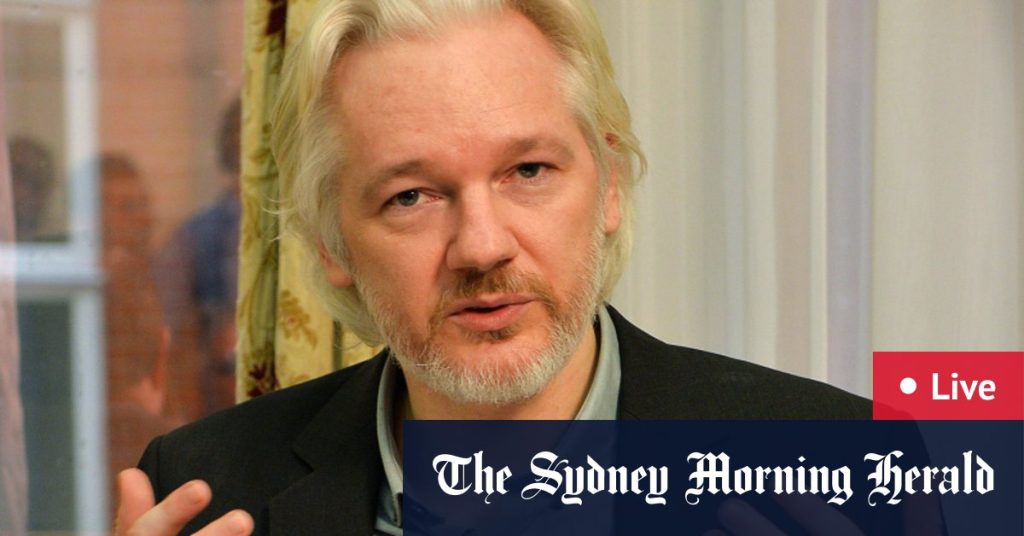Home Affairs Minister Clare O’Neil has been accused of trying to keep information from the public about detainees by Coalition finance spokeswoman. This accusation came after one of the nation’s most powerful public servants blindsided O’Neil and Immigration Minister Andrew Giles by releasing key new details about ex-detainees’ criminal records following the High Court’s decision overturning indefinite detention. The 17-page document revealed that out of 149 former detainees, seven had been convicted of murder or attempted murder, 37 of sexual offences, and 72 of assault, violent offending, kidnapping, or armed robbery. O’Neil and Giles were planning for Home Affairs Secretary Stephanie Foster to provide verbal answers to questions from Liberal Senator James Paterson late in the afternoon, but the document was released earlier.
Despite the accusations, O’Neil denied directing a public servant to withhold information and claimed that the government is committed to transparency. She mentioned that the information was requested by the government and was provided to the public. Liberal senator Jane Hume accused O’Neil of creating chaos and incompetence in managing the detainees, and questioned whether anyone in her office directed a public servant to either delay or keep confidential information that was requested by the Australian public and Senate. O’Neil responded by accusing Hume of “hyperventilating” and dismissed the line of questioning, saying it was silly and that she did not direct a public servant to withhold information.
The exchange between O’Neil and Hume on the accusations of trying to keep information from the public about detainees escalated with Hume questioning O’Neil’s involvement and directing a public servant to keep confidential information. Hume accused O’Neil of potentially being involved in a conspiracy to deceive the public, to which O’Neil responded by accusing Hume of sounding crazy and that the line of questioning was silly. O’Neil reiterated that the government provided the requested information to the public and denied any involvement in directing a public servant to withhold information. The accusations and denials highlight the tensions between the government and opposition regarding transparency and handling of sensitive information.
The accusations and denials surrounding the information about detainees and attempts to keep it from the public have escalated into a heated exchange between political figures. O’Neil and Giles were blindsided by the release of key details by a public servant, leading to questions about their involvement in trying to keep the information confidential. The accusations of potential conspiracy and deception have created further tensions between the government and the opposition, with both sides defending their positions. The issue highlights the challenges of transparency and accountability in governance, with conflicting narratives about the handling of sensitive information and the need for public scrutiny.
The public debate over the handling of information about detainees and the accusations of attempts to keep it from public scrutiny have raised questions about government transparency and accountability. The exchange between O’Neil and Hume reflects the broader tensions between political parties regarding the disclosure of sensitive information and the public’s right to know. The accusations of potential conspiracy and deception add complexity to the issue, further fueling the debate over the government’s transparency and management of sensitive data. The incident underscores the challenges of balancing national security concerns with the public’s right to access information and the importance of clear communication in governance.
In conclusion, the accusations and denials surrounding the attempts to keep information about detainees from the public have escalated into a contentious debate between political figures. The conflicting narratives, accusations of conspiracy, and disputes over transparency highlight the challenges of governance and public accountability. The incident underscores the need for clear communication, openness, and ethical conduct in handling sensitive information. As the debate continues, the focus remains on ensuring transparency, accountability, and the public’s right to access information in a democratic society.


